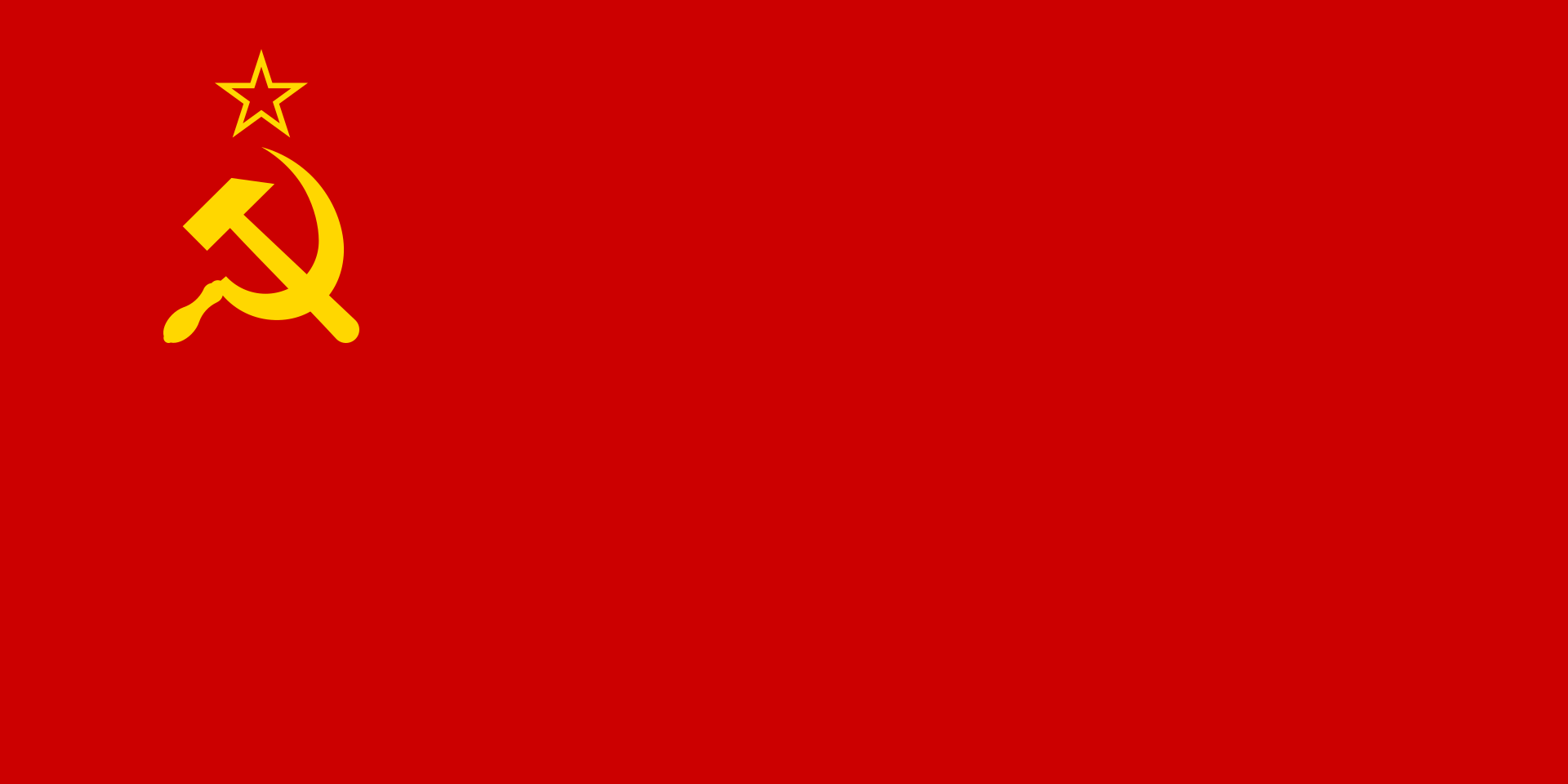
Kazakhstan! A country somehow both famous, but also unknown to most people. The country is located in both Europe and Asia, is the most nuked place in the world, and is of course also famous because of Borat (even though they never filmed in the country itself). But what the country is probably most well known for is that it used to be a member of the Soviet Union.
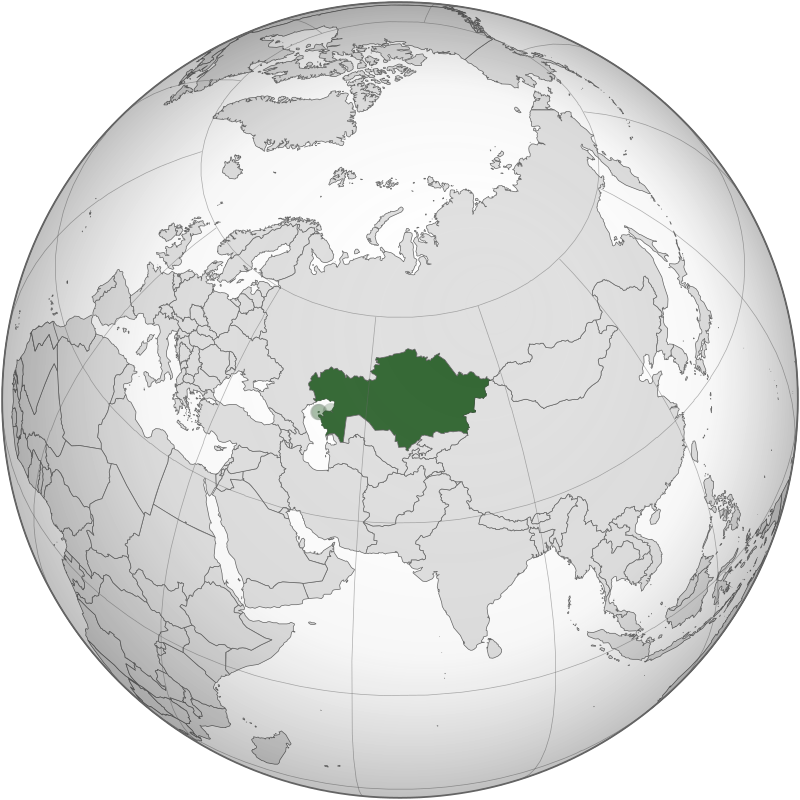
By 1991 the Soviet Union was collapsing from the inside. A process that some say started back in the 1980's, but others claim that the superpower was doomed from the beginning.
The Soviet Union was first established back in 1922, and on paper it was a voluntary union of various different republics that were all united through a central government in Moscow. As a federation each republic technically had the right to secede, but this was completely meaningless as the government in Moscow would never allow that to happen.
Some republics like Estonia, Latvia, and Lithuania were literally invaded and forced to join the union. And then there was the Warsaw Pact of course, which in the aftermath of World War II had communism forced upon them.
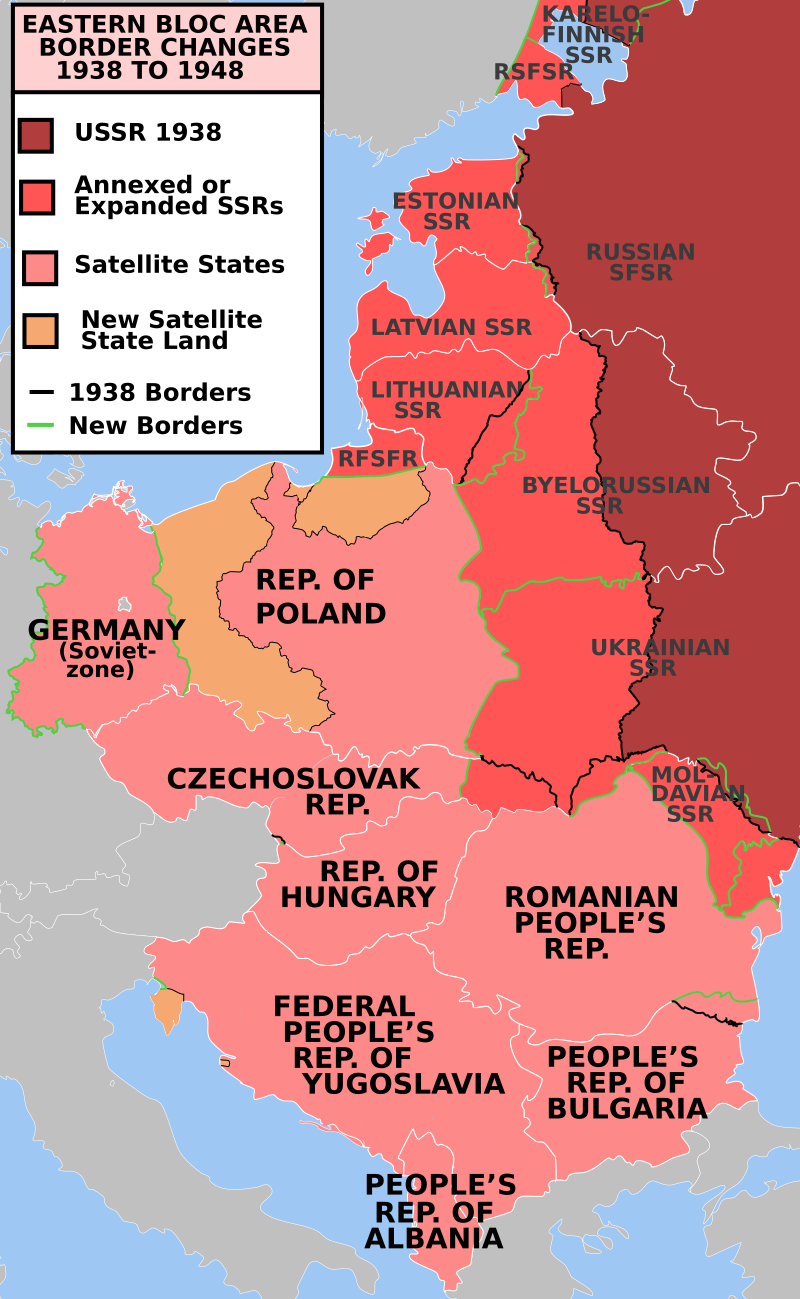
The way the USSR did this was by "liberating" them from the Nazi's, and then installing puppet regimes, which turned these nations into Soviet satellite states.
Again these countries were technically independent and supposedly joined of their own free will. But in reality if these nations disobeyed the union, they could expect a military intervention by the Soviet army.
This happened in Hungary in 1956, and Czechoslovakia in 1968. The only thing that really kept the union together was the will of the central government, but this began to change by 1980's.
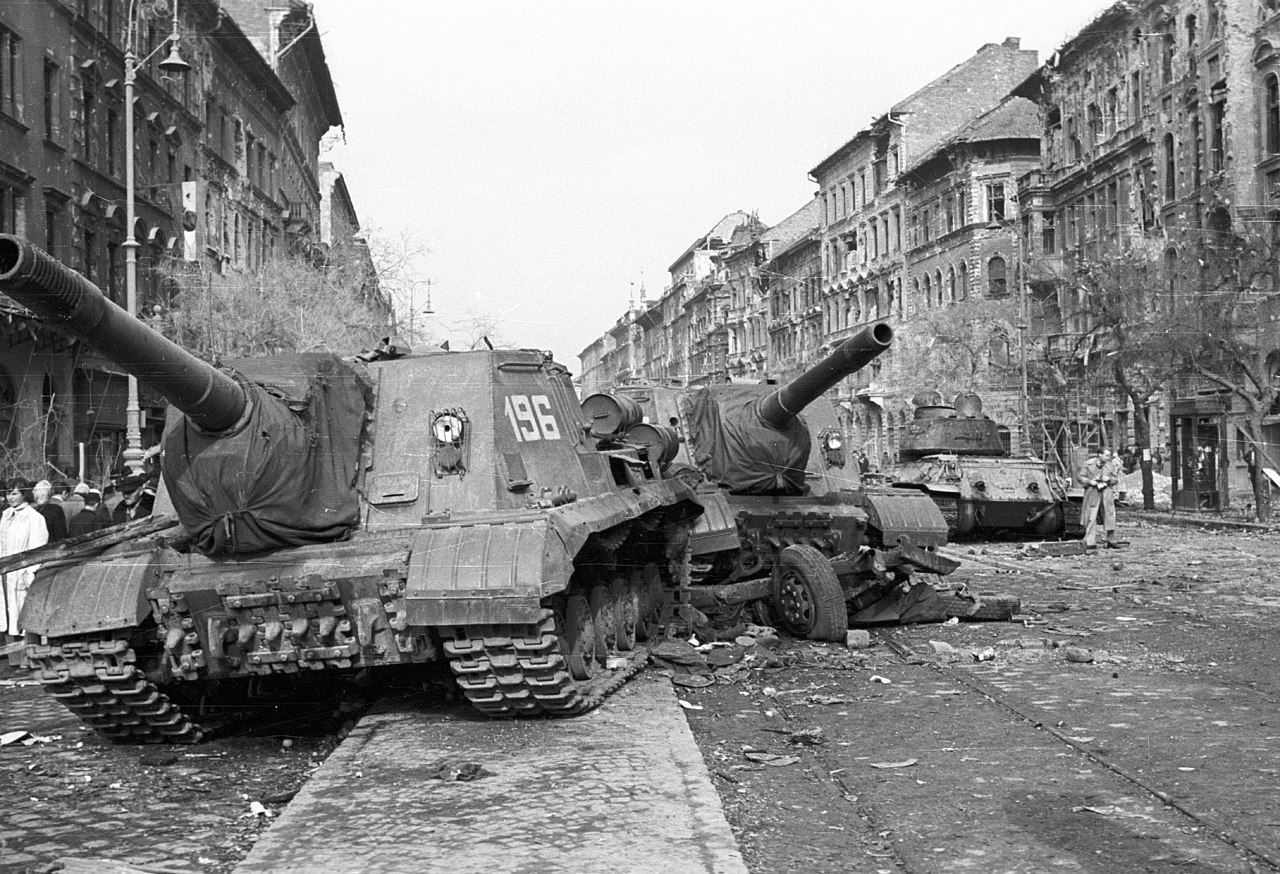
In 1985 Mikhail Gorbachev was elected as the new general secretary of the Communist Party, and he quickly began implementing his policies of Glasnost (openness) and Perestroika (reform).
The gaps between the Soviet and western economies had gotten bigger and bigger over the years, and by now was severely lagging behind the west. Gorbachev believed that these policies would revitalize the Soviet Union and set up the country for a bright future. Instead these policies ended up tearing the union apart.
Mass censorship was reduced, freedom of speech was improved, economic reforms were implemented, with individuals now allowed to own a private business, and most importantly he refused to use the Soviet Army to intervene in member states.
The 15 Soviet republics and the 6 members of the Warsaw Pact were also granted more autonomy in ruling themselves, and it didn't take long for things to go wrong.
By 1988 Gorbachev was already losing control over two areas of the union, the Caucasus and the Baltics. Armenia and Azerbaijan went to war against each other over ethnic tensions, and the Baltics used their new freedoms to demand independence. Asserting that their absorption into the Soviet Union was illegal and forced upon them.
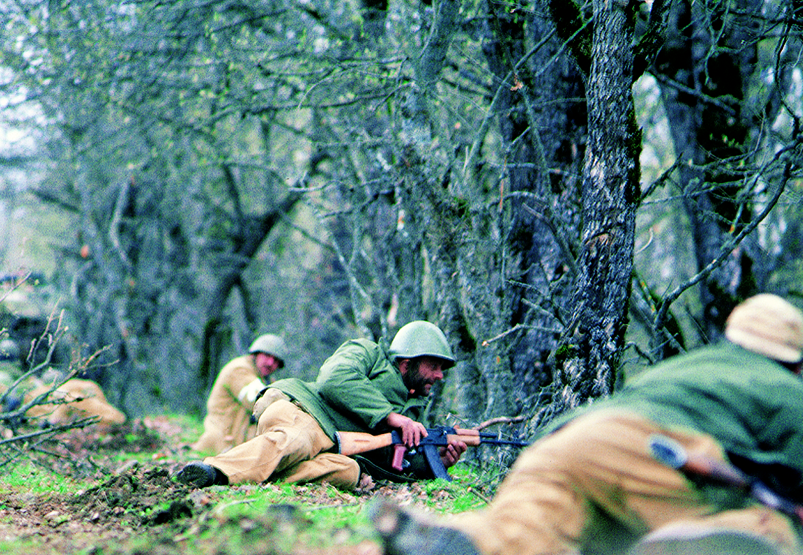
On the 16th of November 1988, Estonia was the first country to declare sovereignty, which meant that they were technically still a member of the Soviet Union, but in reality had 100% autonomy over themselves. They stopped paying taxes and followed their own laws over those of the union. This was a critical moment for the USSR as this dropped the first domino in a long chain reaction that couldn't be stopped anymore.
Normally this kind of rebellion wouldn't have been tolerated and would have been crushed by the Red Army. But Gorbachev decided not to do anything about it.
Later that year the Soviets stopped jamming foreign radio stations, and in 1989 CNN was even allowed to broadcast from Moscow, the heart of the USSR! This effectively put an end to all government censorship.
In June of 1989, the anti-Soviet Solidarity party in Poland won a major victory in the elections, and withdrew Poland from the Warsaw Pact. And in July, Latvia and Lithuania joined Estonia by also declaring their sovereignty.
Then Hungary began to dismantle their border fence with Austria, which opened up the first hole in the Iron Curtain. At this point East Germany was still ruled by a hard line Stalinist regime, and citizens were not allowed to travel to most of other countries. They could however travel to other allied communist states like Hungary, so huge amounts of people began to go on "vacation" to Hungary, and then escaped to West Germany through Austria!
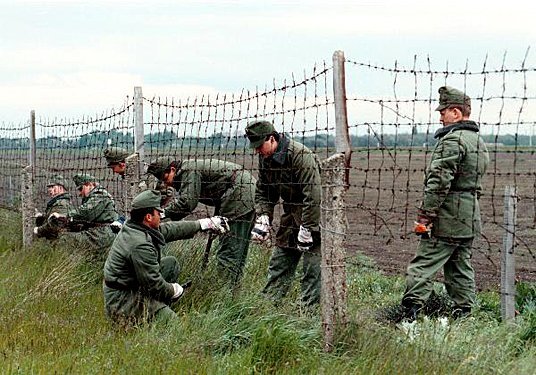
East Germany demanded that the Soviet government send the army to Hungary, but again Gorbachev refused. And as the civil war and ethnic violence escalated in the Caucasus, Armenia also declared sovereignty.
In East Germany people had begun protesting against the government. Erich Honecker the then leader of East Germany pleaded with the Soviet government to intervene, but once again they refused. Not long after Honecker resigned, and after a confusing media broadcast about new travel rules, crowds of East Germans gathered at the Berlin Wall and began tearing it down. The East German regime collapsed, and within a year Germany was finally reunited.
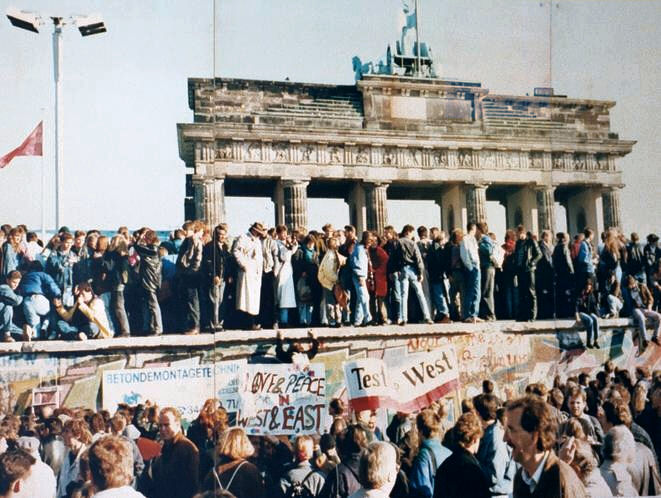
In December 1989, Romania went through a violent revolution, which ended with the execution of their leaders and their withdrawal from the Warsaw Pact.
The next year in February 1990, the Soviet Union held their first ever free elections in each of the 15 republics, which resulted in the Communist Party losing in 6 of them!
In the meantime, the four republics that had declared their sovereignty weren't paying any taxes to the Soviet government, which caused the economy to get even worse.
And finally in March, Lithuania became the first republic to declare their independence and secession from the USSR. Initially this went unrecognized by Moscow, but just two months later, Estonia and Latvia also declared their independence.
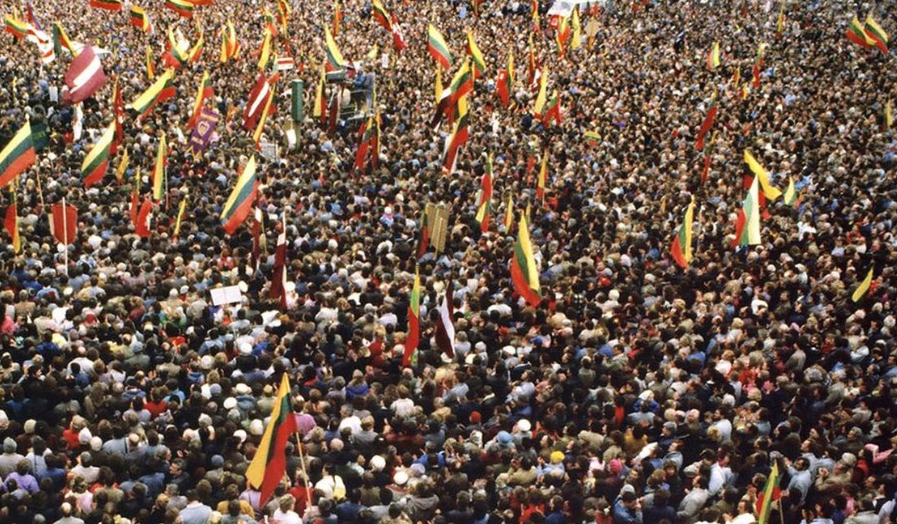
Georgia declared their sovereignty in May, and in February the remaining members of the Warsaw Pact decided that there was no more reason for their organization, and officially disbanded.
Nearly a year after the Baltics had seceded from the union, Georgia now also declared their independence in April 1991. And in June, Boris Yeltsin became the president of the Russian Soviet Republic, and declared Russian sovereignty from the Soviet government.
It was at this point that Gorbachev came up with a plan to save the Soviet Union. The entire country would be reformed into a new decentralized federation called the Union of Soviet Sovereign Republics, which would retain the original USSR name.
All of the remaining republics with the exception of Ukraine had agreed to this, and Kazakhstan strongly supported it. The Russian republic was set to sign the new treaty, but then a group of Communist Party hard liners launched a coup the day before the signing, in an attempt to take back the country from Gorbachev, who they believed was actively destroying the union.
They put Gorbachev under house arrest, attempted to arrest Boris Yeltsin, and suspended all political activities. However Yeltsin rallied his supporters from atop a tank in Moscow, and the coup's support quickly fell after that.
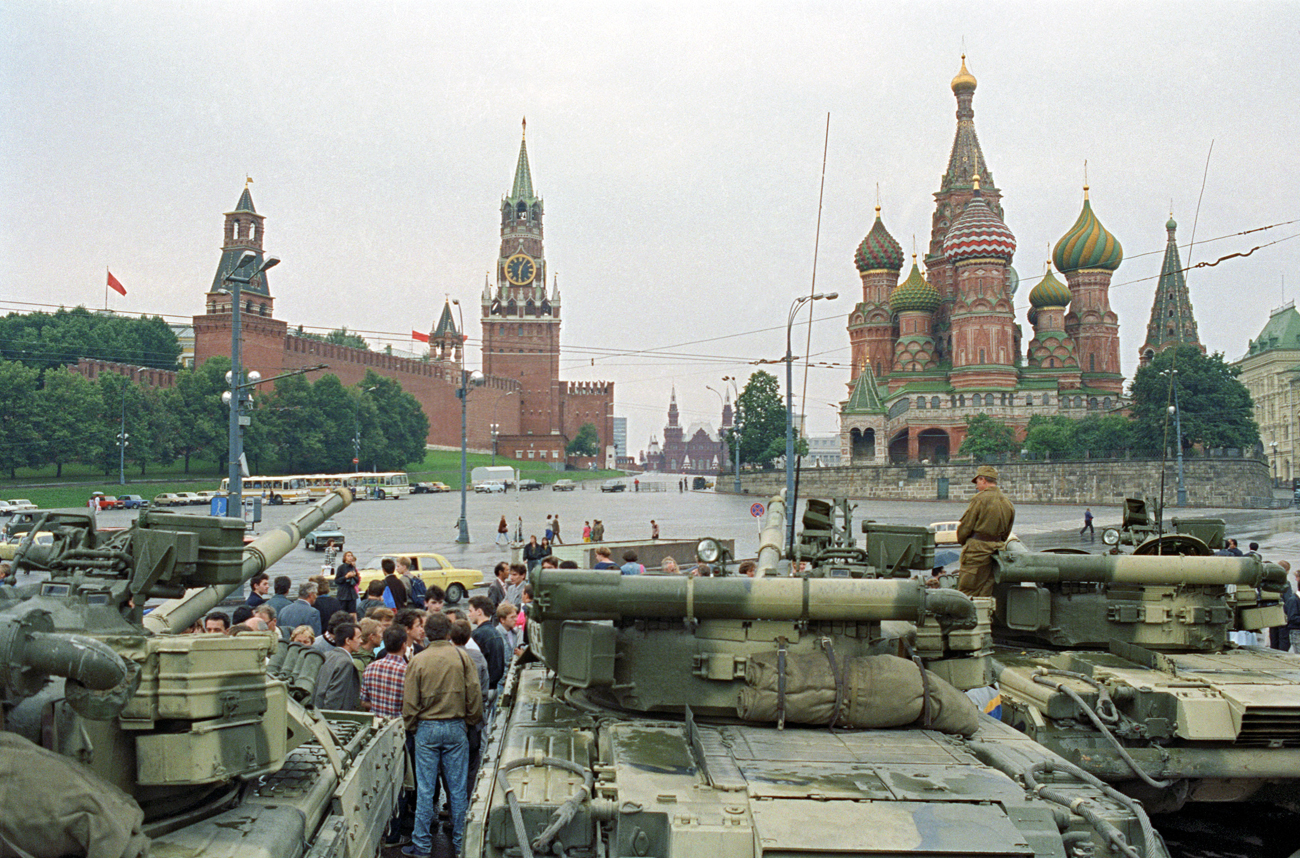
The coup had been an attempt to keep the country together, but instead ended up only accelerating its demise. Just two days after the coup, Ukraine seceded, who feared that their freedom could be taken away by another coup, and this set off a wave of secessions.
Three days later Moldova seceded.
Four days after that Uzbekistan and Kyrgyzstan seceded.
Nine days from then Tajikistan left.
Twelve more days and Armenia also left.
And about a month later Azerbaijan left as well.
At the end of October Turkmenistan seceded.
And by December 1991, Belarus and then even Russia seceded from the union.
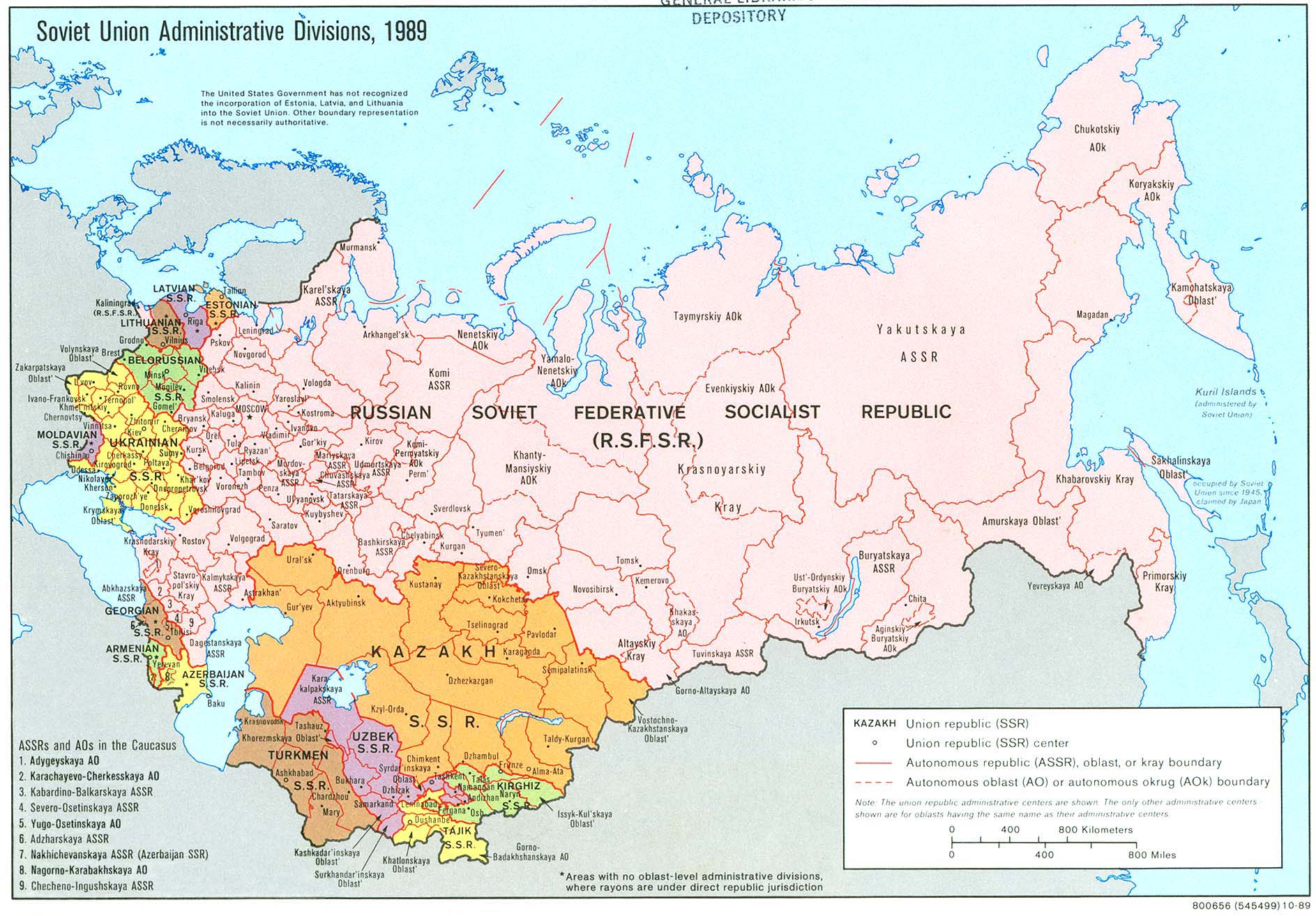
Which left Kazakhstan as the sole and remaining member of the Soviet Union! So for the next couple days Kazakhstan continued as the entire USSR, but after four days Kazakhstan also finally seceded from the Soviet Union.
The USSR also technically continued to exist for 10 more days, as a country without any territory, until the Soviet government voted themselves out of existence on the 26th of December 1991, officially ending the Soviet Union after 69 years of existence.
Although the Soviet Union has been gone for two decades now, the effects of the Soviet era can still be felt all across the world. The collapse of the Soviet Union is of course an very long and complicated story, but I've tried my best to summarize it here.
Thanks for reading and I hope you enjoyed this little piece of history!
Congratulations @zirbo! You have completed the following achievement on the Hive blockchain and have been rewarded with new badge(s) :
You can view your badges on your board and compare yourself to others in the Ranking
If you no longer want to receive notifications, reply to this comment with the word
STOPCheck out the last post from @hivebuzz: